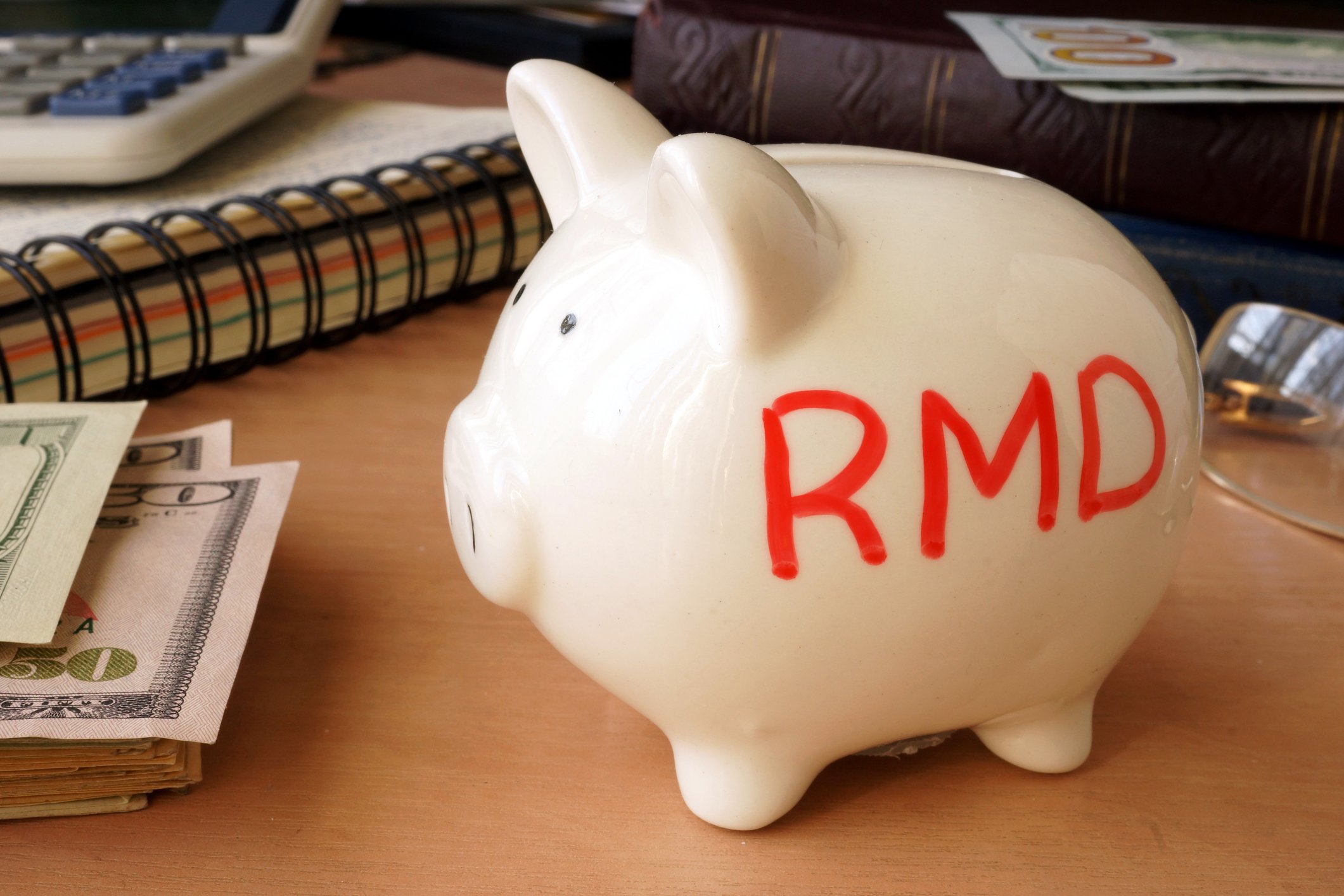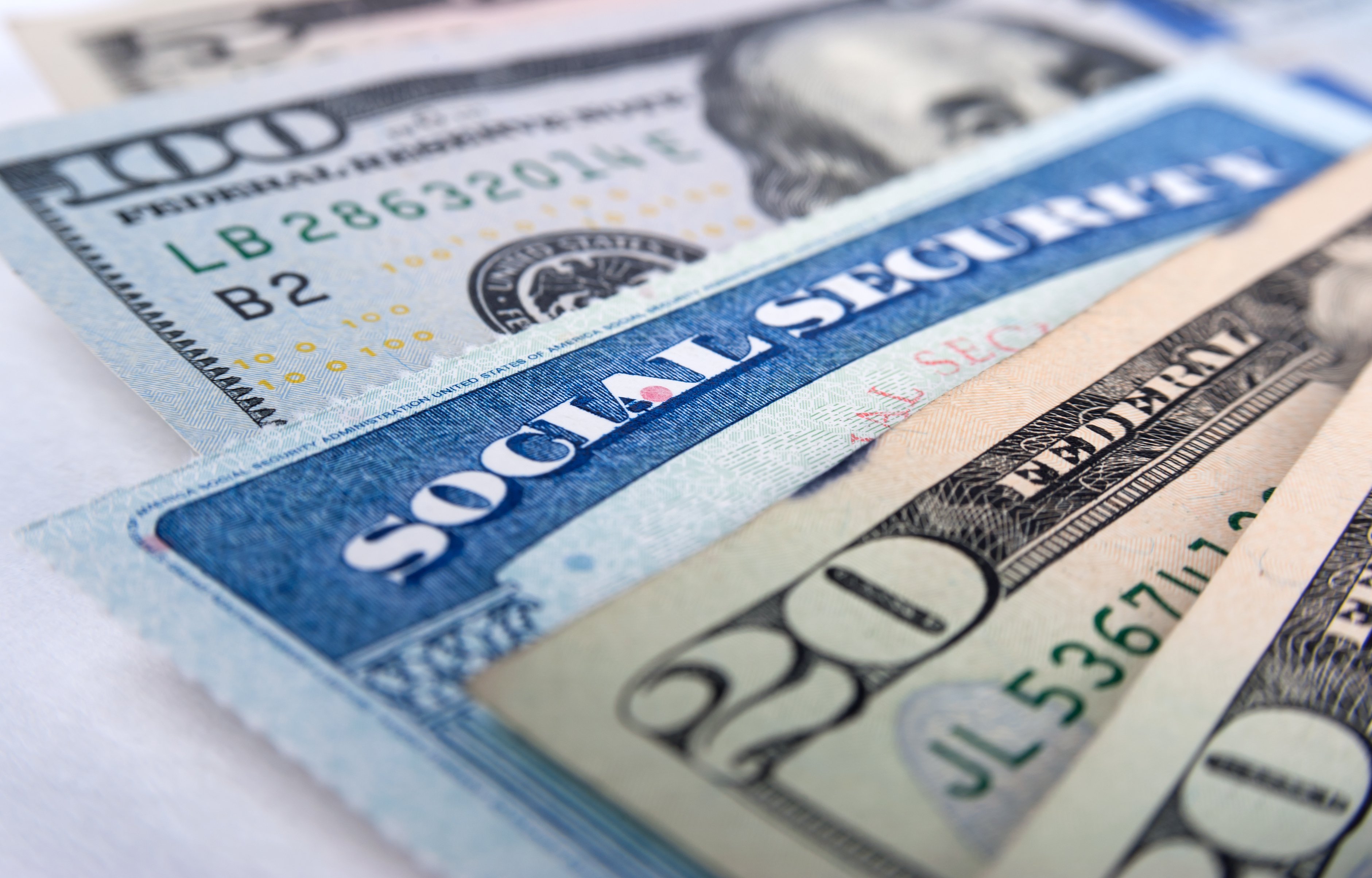Established 90 years ago as part of the New Deal, Social Security was created to help Americans weather the financial hardships ushered in by the Great Depression. Today, it's a crucial part of the American social safety net, serving as an income source for millions of Americans who depend on it to pay bills.
If you're like the vast majority of Americans, a portion of each paycheck goes toward Social Security taxes -- 6.2% of your gross income if you work for someone else or 12.4% if you're self-employed (since you pay both the employee and employer portion of the tax).

Image source: Getty Images.
Billionaires pay into the same system
Once you've paid Social Security taxes on the first $176,100 earned, you're done paying for the year. Since most Americans don't earn $176,100 annually, they pay Social Security taxes all year long.
Millionaires and billionaires also pay into the Social Security system, although it may not take them an entire year to contribute their portion. For example, CEOs with a $20 million salary pay the entirety of the tax within three days. Still, they do pay.
And because the very rich pay the same amount in Social Security taxes as those who earn $176,100, they're equally eligible for benefits when they reach retirement age. Just like any other Social Security recipient, the longer they wait to claim benefits, the larger the size of their check will be.
For example, billionaires claiming their first Social Security check at age 70 will receive the same $5,108 per month as a person who earns $176,100 or more and waits until age 70 to claim.
Held to the same standard
As tough as the idea of billionaires receiving benefits may be to swallow, they are held to the same standard as any other taxpayer. They must earn the same 40 work credits, which typically means working for at least 10 years. They must pay Social Security taxes on the first $176,100 earned and wait until 70 to make a claim if they want the maximum monthly benefit of $5,108.
That's not to say billionaires do anything special to earn Social Security benefits, but they must jump through the same hoops as any other recipient. After all, nothing is guaranteed. Just as they built a fortune, it's possible to lose their wealth, leaving them with little more than their benefits.
Anyone can lose it all
While it's relatively rare, the very rich have been known to lose everything -- sometimes due to criminal activity and sometimes through no fault of their own. For example:
Patricia Kluge: Kluge, a former heiress and model divorced from the richest man in the U.S., spent years pouring money into poor investments and the real estate she was awarded in her divorce. During the housing market crisis of 2008, Kluge lost everything and was forced to file for bankruptcy.
Bernie Madoff: Madoff spent decades building a giant Ponzi scheme, bilking investors out of billions while making a fortune for himself. It all fell apart when investors demanded a return of their money. Ultimately, Madoff received 150 years in federal prison and lost his entire fortune.
And then there's Jocelyn Wildenstein, once worth billions. While she may not have lost every penny, Wildenstein filed for federal Chapter 11 bankruptcy in 2018. In the filing, she reported a monthly income of $0 and stated that she got by on help from family, friends, and a $900 monthly Social Security payment.
Like everyone else, billionaires must pay a portion of their income into Social Security. And, like everyone else, they're eligible to claim benefits when they reach the allowable age. If, like Jocelyn Wildenstein, they ever find themselves flat broke, they'll be grateful for those benefits.





